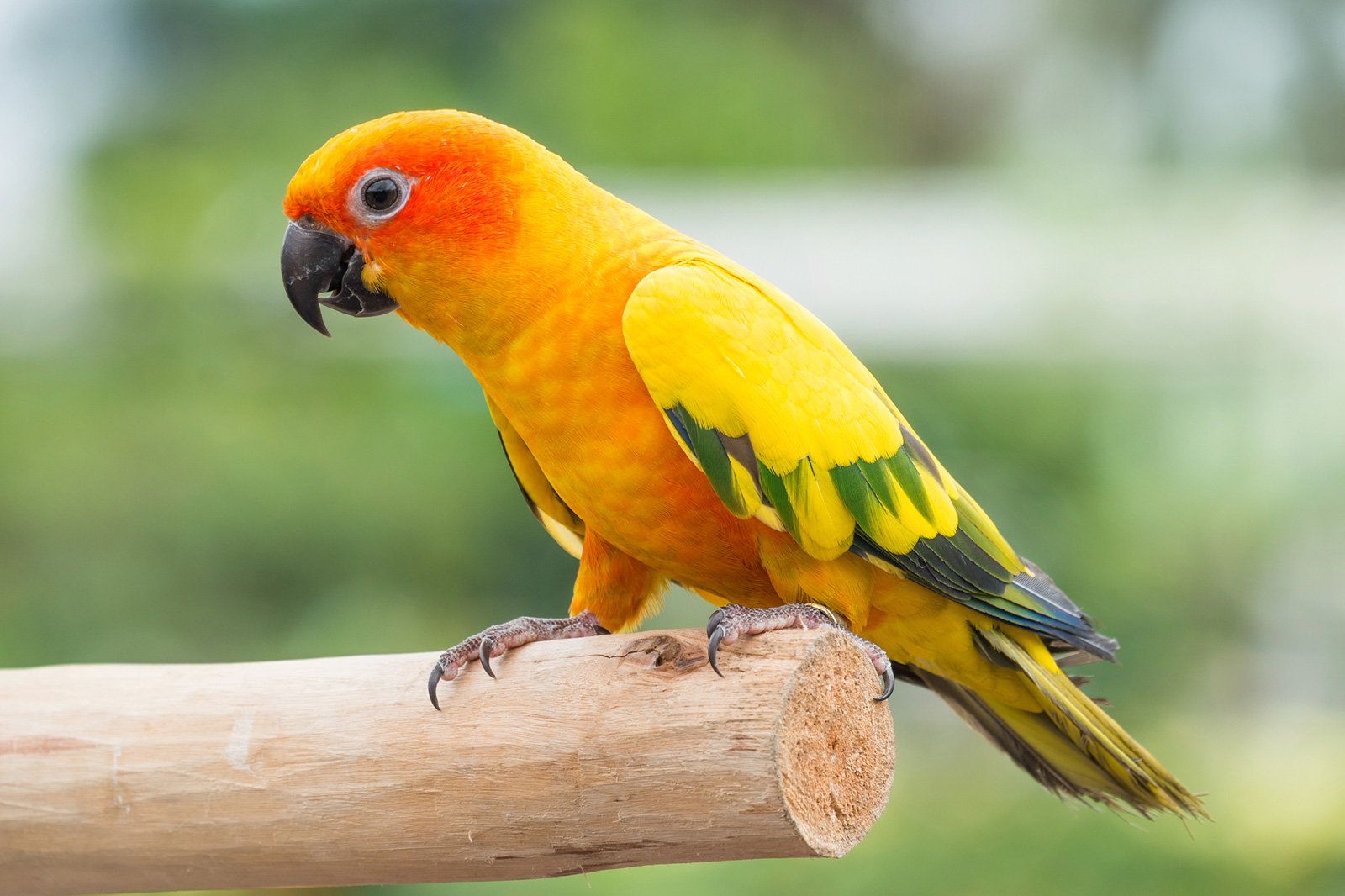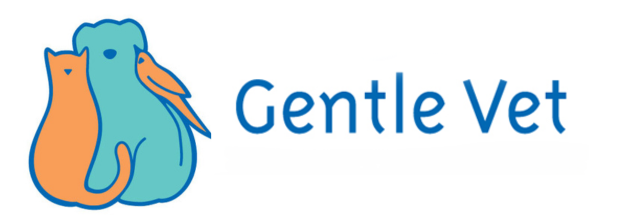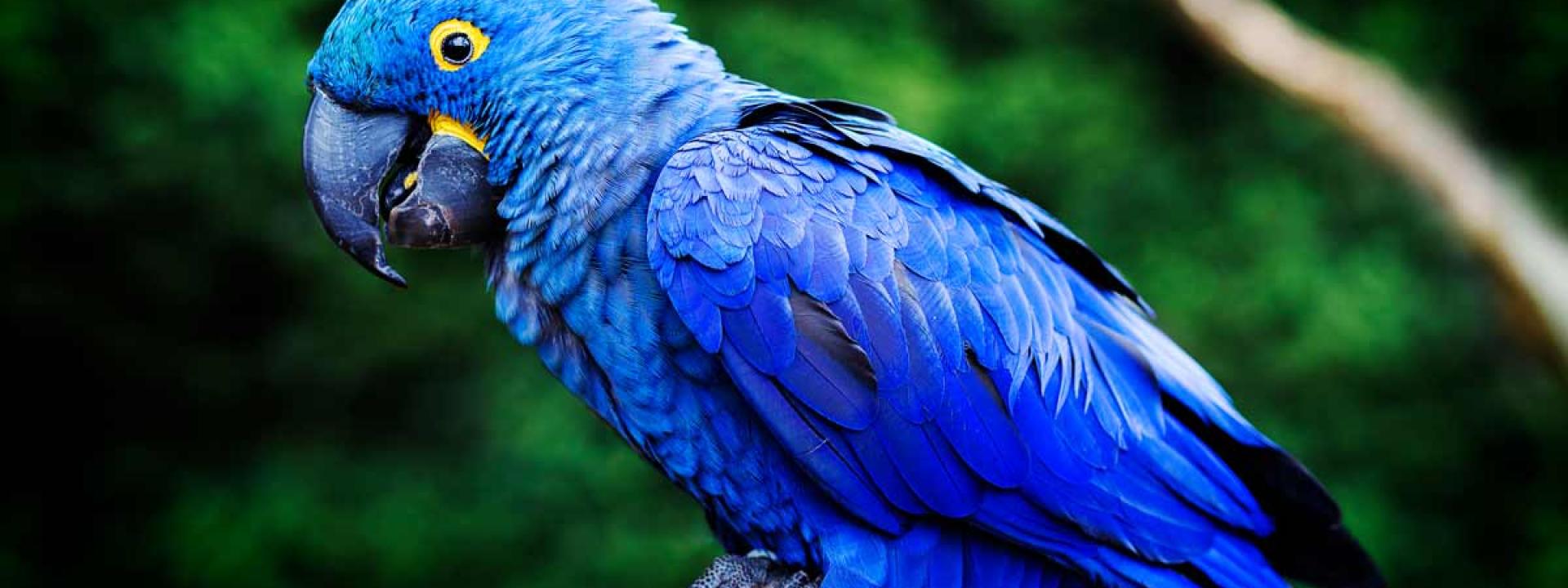Here are some reasons why you should consider microchipping your bird:
Identification:
Birds, especially the smaller ones, can easily escape from their cages or fly away if let outside. Without proper identification, it can be challenging to prove ownership if your bird is found by someone else. Microchipping provides a permanent and reliable means of identification, as it cannot be lost or removed.
Reunification:
If your bird goes missing and is found by a good Samaritan or ends up in a shelter or veterinary clinic, having a microchip greatly increases the chances of being reunited. Animal professionals can scan for microchips, obtain your contact information from the chip's database, and facilitate the safe return of your bird.
Prevention of Unauthorized Ownership:
Some species of birds can be very valuable like Hyacinth macaws and can be targets of theft. A microchip, with your contact information registered in a database, serves as proof of ownership. If your bird is recovered and the microchip is scanned, authorities can quickly identify you as the rightful owner, ensuring your bird is returned to you.
Peace of Mind:
Microchipping your bird provides safe and low-cost peace of mind, knowing that you have taken an extra step to increase the chances of a happy reunion if your bird is lost or stolen. It demonstrates your commitment to your bird's well-being and security.
 ?
?
Remember that microchipping should be done by a qualified veterinarian or professional who has experience with avian microchipping.
How does a veterinarian microchip a bird?
They will implant a tiny microchip, about the size of a grain of rice, beneath the bird's skin or in a bird's muscle. This is a quick and safe procedure but it occasionally requires sedation. It is essential to keep your contact information up to date in the microchip registry so that you can be reached if your bird is found.

